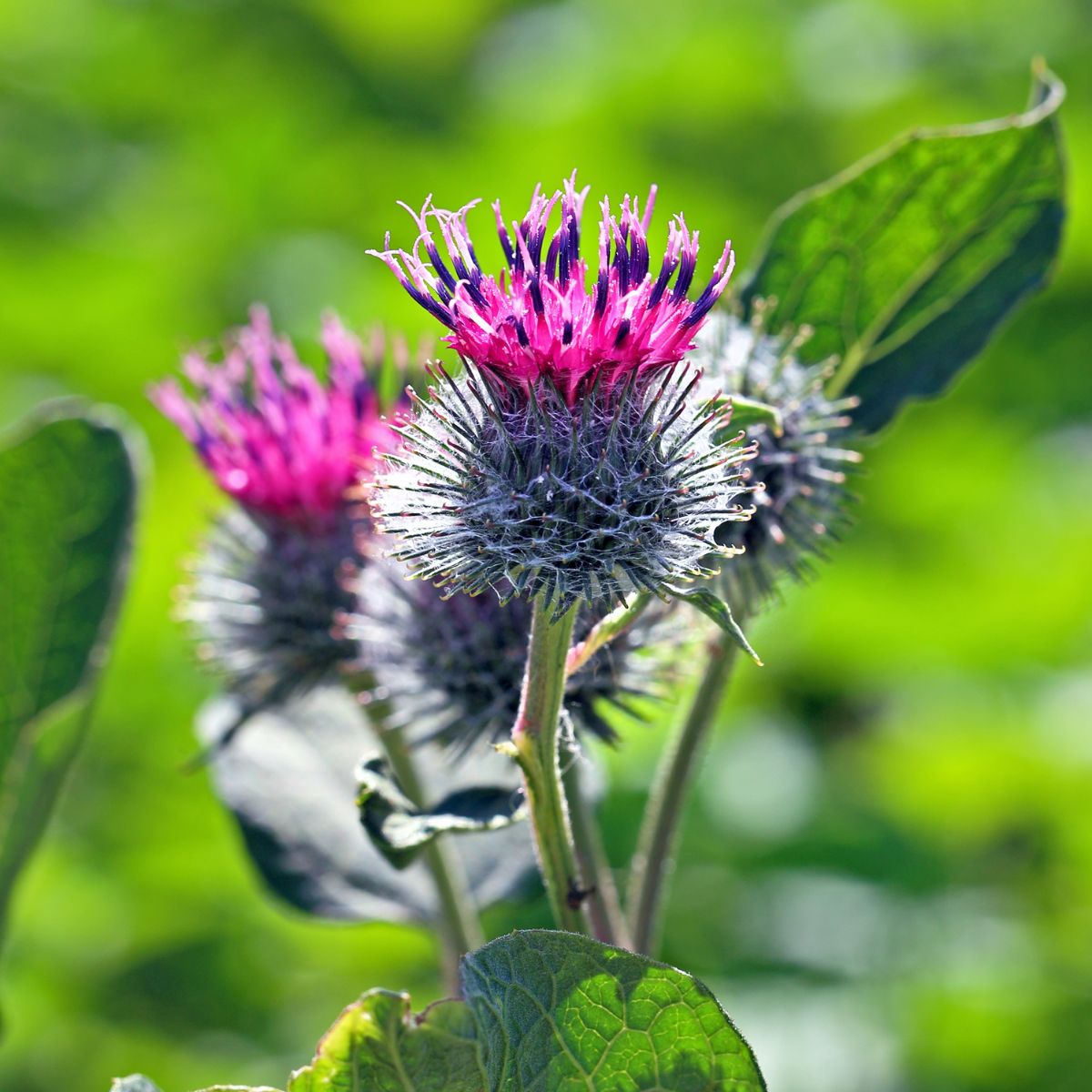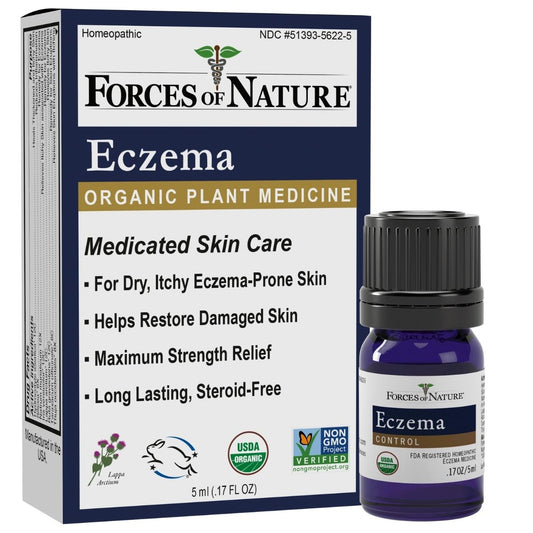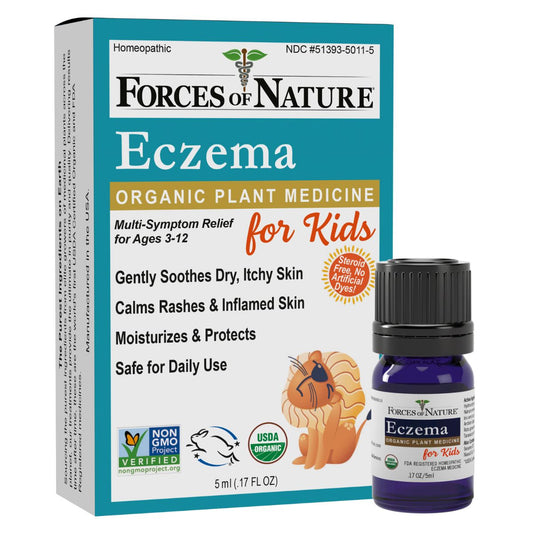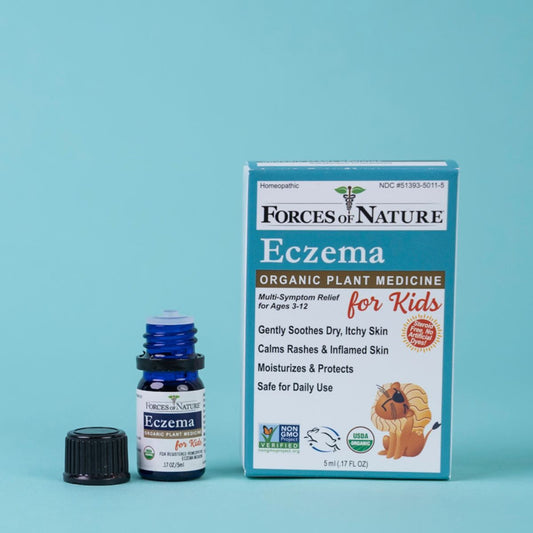
When Lappa Arctium Helps With
Products with Lappa Arctium
Eczema Control Remedy
Regular price
From $10.95
Regular price
Sale price
From $10.95
Unit price
per
Eczema Relief for Kids
Regular price
$11.95
Regular price
Sale price
$11.95
Unit price
per




